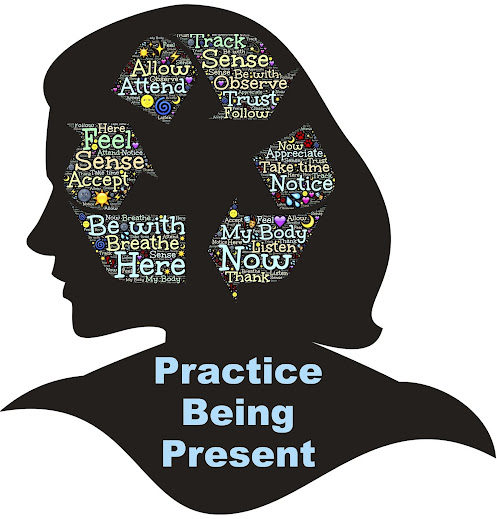When we think of meditation, we tend to think of the most common form of the practice – or at least the one we see most commonly depicted. That is of course, the kind synonymous with the image of a sage guru sitting cross legged, hands perched on their knees, with their minds calm, chanting ‘OM’.
While this is one example of a form of meditation, it is far from the only one. Just as beneficial in fact – if not moreso – is practicing focussing the mind during your daily activities.
Because what meditation is really, is nothing more than focus. Meditation is what happens when you choose to focus your mind on something, rather than letting it bounce from one thing to the next. And the result is that you stop feeling so panicked and forget all those unhelpful thoughts that may have been racing through your mind before.
Many of the activities we engage in daily can already be considered as ‘meditative’. A good example is reading a book, or even watching a good film. Have you ever been to an amazing film at the theatre, then been completely disoriented when you exit? Because you aren’t sure what time it should be, or how long you’ve been in there? That’s because you’ve been so transfixed on what you were doing, that everything else fell aside.
The same thing happens when you read a good book. Put it this way: you can’t be engaged in an enthralling read and worrying about what tomorrow might bring. These two activities are mutually exclusive.
Now your objective is to bring that same sense of calm focus into other parts of your life.
Take ironing for example. While you might be ironing while you watch TV, you may also find that at times, you iron as you allow your mind to go blank. You focus purely on the activity itself – the ironing – and everything else seems to fall away.
There’s something about the repetitive motion of moving an iron back and forth that can be perfectly meditative. You just have to let it! So, calm your mind and choose to think about nothing else. If you can do this, then you will be able to turn ironing into meditation.
From there, the next step is to try becoming meditative while you’re washing the dishes. Then maybe while you’re walking.













